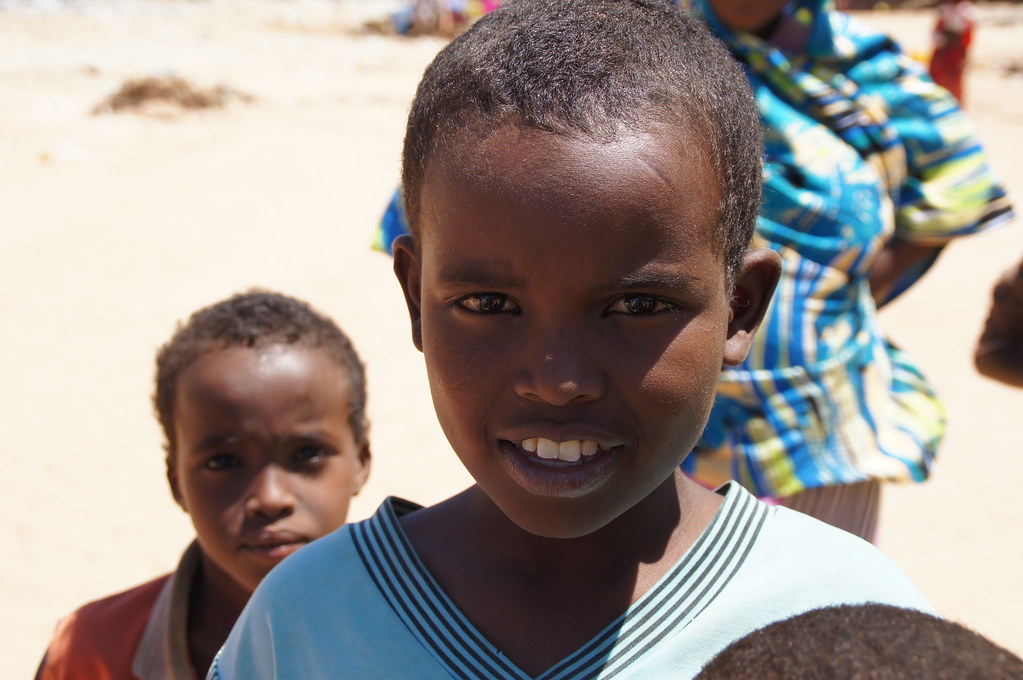
Edson Baraukwa | Africa Guardian
As global attention fixates on conflicts in Gaza and Ukraine, experts caution that African advocates must push harder for action on wars in Sudan, the Democratic Republic of Congo (DRC), and the Sahel. While a Gaza ceasefire might create space for renewed focus on Africa, systemic inequities in global prioritization pose significant challenges.
A Disproportionate Focus
The conflicts in Gaza and Ukraine have dominated global headlines and resources, overshadowing crises in Africa that represent some of the world’s most dire humanitarian situations. According to the International Rescue Committee, the war in Sudan between the Sudanese army and the paramilitary Rapid Support Forces ranks as the world’s most severe humanitarian crisis. Over 20 million people—nearly half of Sudan’s population—face acute food insecurity. The United Nations warns of devastating famine risks as agricultural production collapses and humanitarian aid falls critically short.
In the DRC, the resurgence of the M23 militia has reignited decades-long cross-border violence, displacing millions and compounding humanitarian disasters. Meanwhile, the Sahel region, particularly Mali, Burkina Faso, and Niger, is plagued by violent insurgencies, with Burkina Faso experiencing the world’s “most neglected displacement crisis,” according to the Norwegian Refugee Council.
The Cost of Neglect
Ikhlass Ahmed of the Darfur Advocacy Group criticizes the global community’s “hierarchy of suffering,” which sidelines African conflicts in favor of those in Europe and the Middle East. “This selective attention exacerbates crises, as aid is diverted and political solutions are delayed,” she says. Federico Manfredi Firmian, a foreign policy expert, adds that donor fatigue from the Ukraine and Gaza wars has further constrained resources, leaving African nations underfunded. “Inaction in Africa leads to regional instability and represents a profound moral failure,” he warns.
Opportunities Amid Ceasefire Talks
The announcement of a potential ceasefire between Israel and Hamas by outgoing U.S. President Joe Biden offers a glimmer of hope for shifting global attention. However, the delay in implementing the ceasefire underscores the fragility of such agreements. Firmian believes that, in theory, a Gaza ceasefire could free up diplomatic resources for African conflicts. Yet he remains skeptical, pointing to U.S. foreign policy trends and deep divisions within the UN Security Council.
Silencing African Journalists
A 2024 report by the Committee to Protect Journalists (CPJ) highlights another overlooked issue: the plight of jailed journalists in Africa. While Israel’s record on detaining journalists has made headlines due to the Gaza war, African journalists languish in jails with little international outcry. Angela Quintal of CPJ notes, “This lack of attention emboldens autocratic leaders in Africa who know the world isn’t watching.”
The Way Forward
For Sudanese activist Ahmed, reversing this neglect requires persistent advocacy. “Global attention shifts based on geopolitical interests, not just humanitarian needs,” she says. African voices must demand action to ensure these crises do not remain invisible.
The Gaza ceasefire, if realized, could offer a chance to reframe global priorities, but sustained pressure is crucial to addressing Africa’s pressing conflicts.
___
